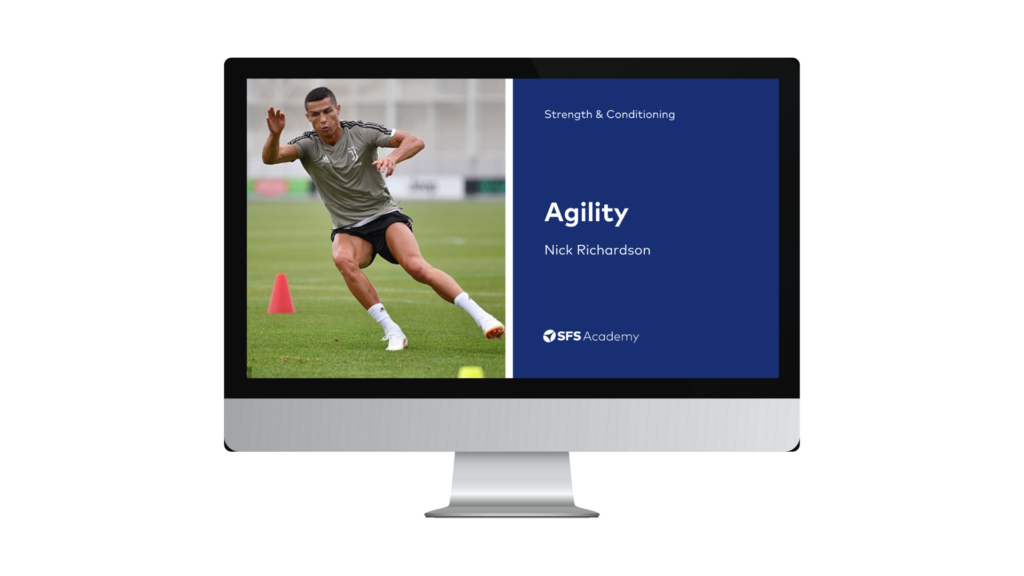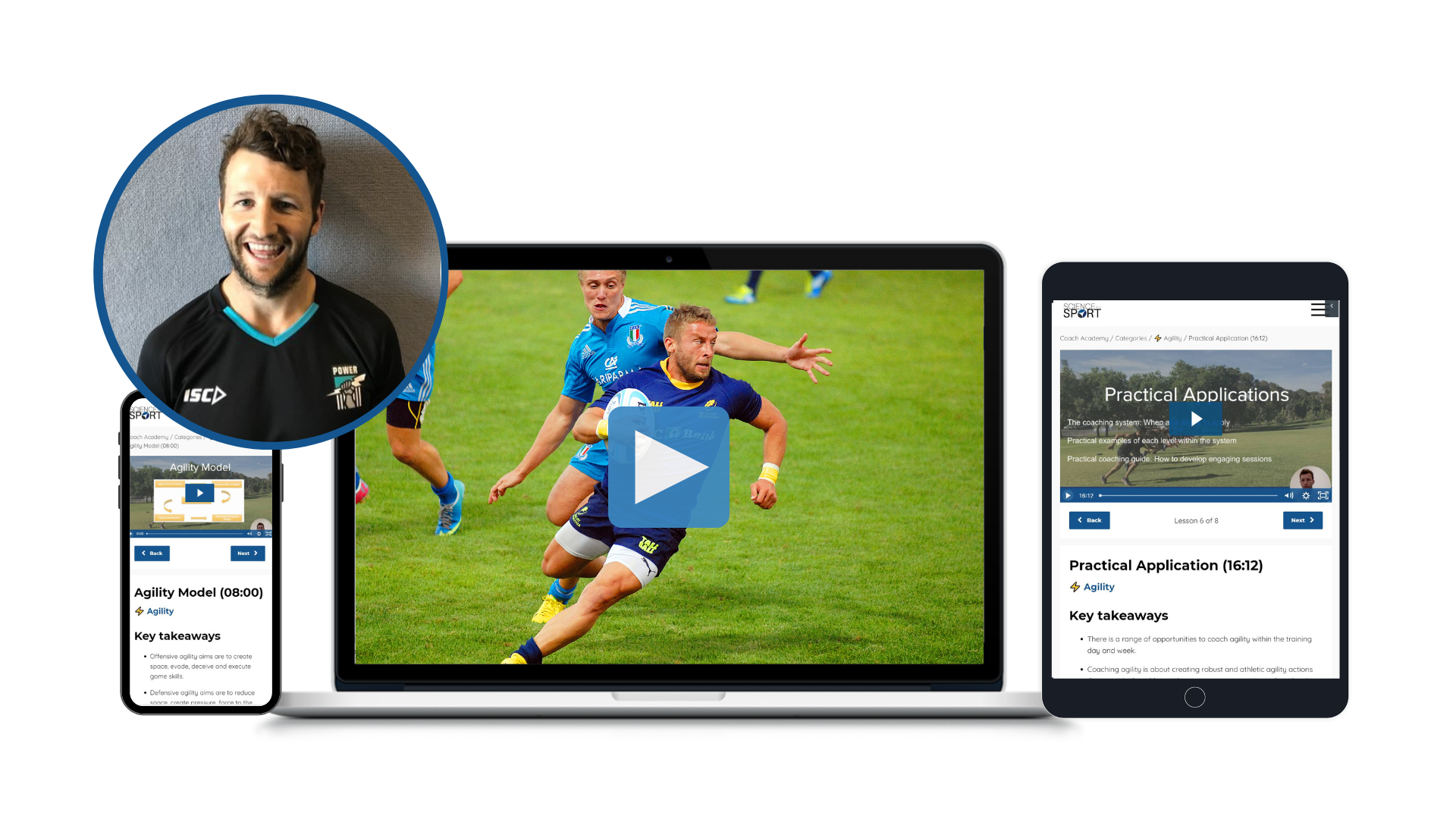An inspirational guide to improving your mental toughness
Mental toughness rarely comes naturally but it is a vital part to sports performance. Zion Clark is one athlete who has learnt the hard way to overcome some serious obstacles.
Mental toughness: One man’s guide
Lacking motivation for your workout? Take a lesson from one of the world’s most impressive athletes, who smashes through obstacles, breaks world records and never makes excuses.
In Science for Sport Podcast episode 81, Zion Clark, athlete, motivational speaker and children’s author, discusses the obstacles he has overcome, and how he uses the phrase ‘No Excuses’ as his life motto.
Clark was born with Caudal Regression Syndrome – which means he was born without legs. His biological mother couldn’t care for him, and he battled through the American foster care system.
Though growing up in that environment might have been enough to break most people, Clark has demonstrated fantastic mental toughness and resilience, partly due to lessons he learned as a high-school wrestler.
During a big event, with the odds against him, his coach helped to change his mentality forever.
“My coach grabbed me by my shirt and said ‘you don’t have an excuse’ – you battled this far. You can finish it through – no excuses,” Clark said.
Growing mental toughness from challenges
These simple words were enough to inspire Clark to win in dramatic fashion. But those words left a legacy longer than just a single win.
“That’s what did it for me. I went out there and this guy tried to jump over me to take me down – I caught him mid-air by his legs, got the takedown, and won the match. I was the victor. Ever since then, I’ve adopted that mentality,” Clark said.
Alongside wrestling, Clark took up track and field, inspired by the results of his sister.
“She had completely destroyed the state record and won a state title in the long jump. And just I fed off that energy – I was just like, ‘that’s my sister, that’s my family’. I’ve got to do something like track and field, this thing is cool,” he said.
MORE: THREE LESSONS ANY ATHLETE CAN LEARN FROM PARALYMPIANS
Clark took to track and field like a duck to water, and while the training sessions were gruelling, he was able to rely on the mental toughness he had built up through his wrestling experience.
“When I’m covered in blood, breathing hard, throwing up, or nearly passing out because I work so hard … I am used to it,” he said.
Extra tips to help boost your mental toughness
Learning to push your body that hard requires some serious motivation and dedication, plus of course a next-level pain threshold. So where does all that motivation go on an average training day? Well, brace yourself for a mad schedule.
“I wake up, I go to practice for about two, two-and-a half hours, maybe three. Then I’ll go to the gym and I’ll get a lift in or I’ll do some extra conditioning and then I rest up, fuel up, and I’ll probably have another workout later that evening,” Clark said.
So that’s at least one technical and one strength and/or conditioning training in the same day, alongside all his other commitments. This might seem like a mad schedule, but it’s what Clark feels he needs to do to make it at the top in both life and sport.
If you’re feeling lazy, you’re not the only one, but the good news is you can take a lesson from both Clark and his wrestling coach. So next time your training session is in doubt, or you don’t want to haul your lazy ass to the gym, just remember what Clark would say: No excuses.
If you want to hear more from Clark, like exactly how he trains in the gym, how he broke a world record, and how he uses sport science to take his performance to the next level, just hit the link below to listen to the full podcast!
You can download the podcast on any of the big hosting services, including Apple Podcasts and Spotify, or just use this link: https://scienceforsport.fireside.fm/81
Don’t forget to hit the subscribe button and be sure to give us a review and rating too!
[optin-monster-shortcode id=”czosk0qsqzzsryj6gwot”]




